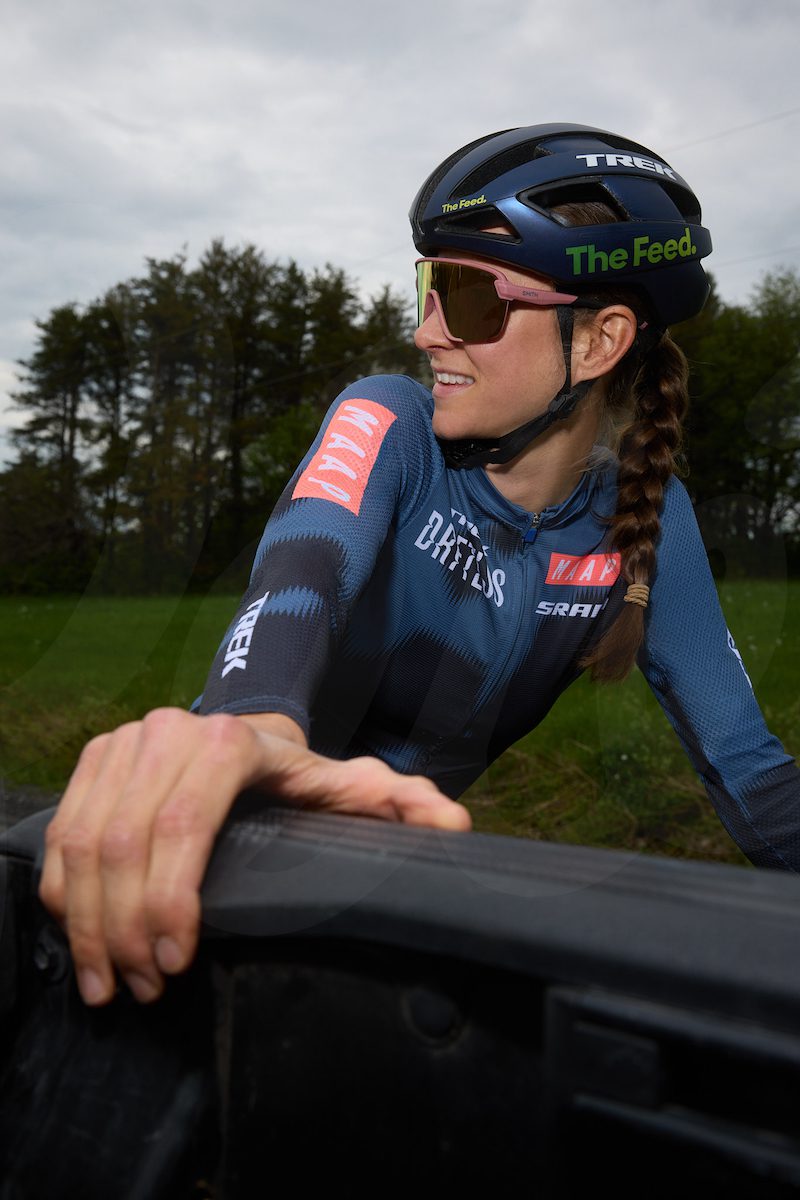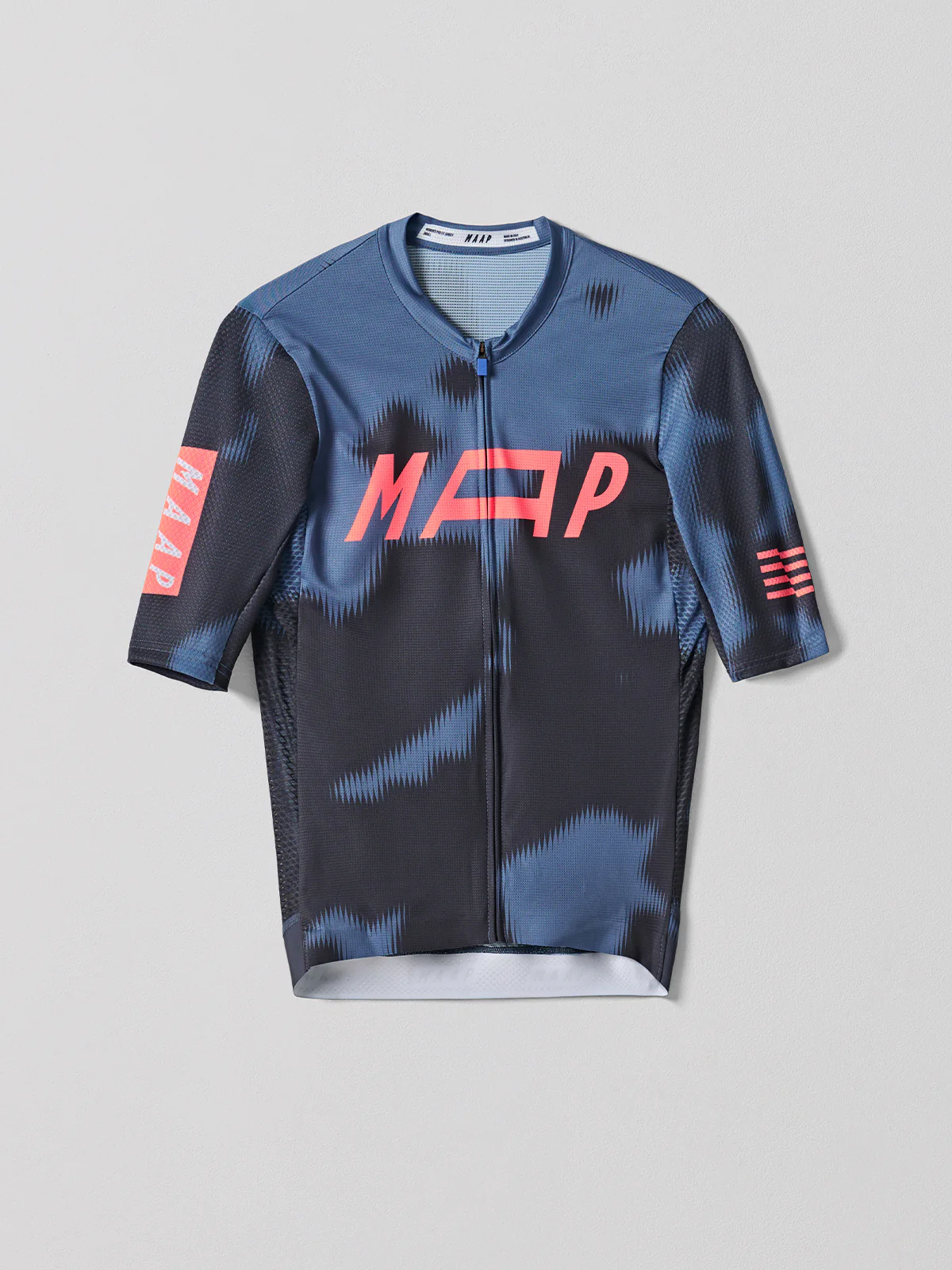Haley Smith launches MAAP Privateers collection to benefit IYMBP
Limited run kit hopes to have long-lasting impact on Indigenous Youth Mountain Bike Program
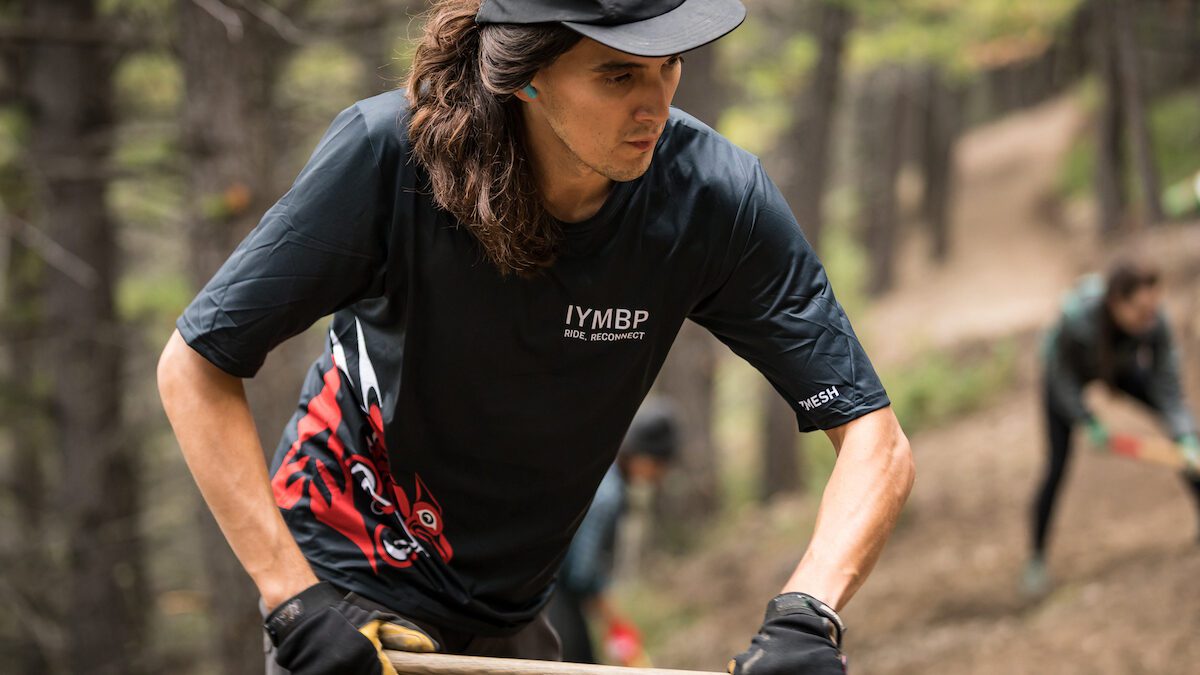 Photo by:
Scott Horely
Photo by:
Scott Horely
Today, MAAP and Haley Smith are launching the Canadian’s Privateer kit. It’s a limited run kit created for each of the brand’s athletes to help support their racing. Smith, on Trek’s new Driftless team, requested that the proceeds from her kit sales go to support the work of the Indigenous Youth Mountain Bike Program (IYMBP).
We think that’s a pretty cool decision, so we reached out to Smith to ask her what inspired her to support IYMBP in this way. We also talked to Patrick Lucas, founder and director of IYMBP, to find out more about the program.
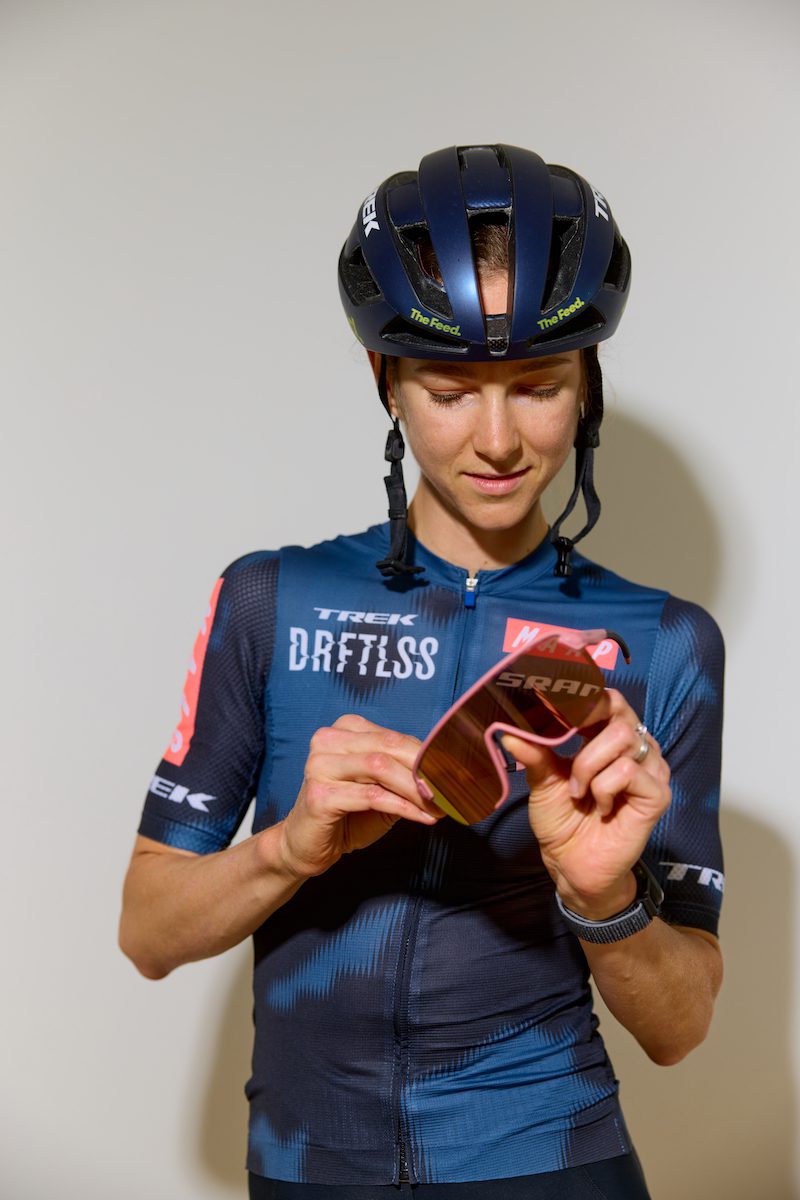
Canadian Cycling Magazine: Why did you choose to work with IYMPB?
Haley Smith: My brother actually has worked with Patrick Lucas academically, so I knew the organization through him. Just in my own experiences, riding in the Yukon last summer and trying to be more mindful of my privilege – and how mountain biking relates to both colonialism and reconciliation – I just felt like it was an impactful organization and like something I could do, an action I could take. And I think it’s a really great organization that’s doing really cool stuff and it is based within my home country.
CCM: IYMBP operates mostly within what’s considered B.C. – you have a much broader geographical reach, what would you like others to take away from IYMBP’s work?
HS: I think IYMPB do a good job of acknowledging the history of land access, and the history of access to land. I’m not going to be able to talk about this very eloquently, but I think something they have done is make the indigenous presence present. In other places, like in Ontario, that’s still not really talked about or acknowledged within the mountain bike community.
The trail advocacy work and the understanding of how we can relate to the trails is really valuable. For me, personally, I spent a good majority of my XCO career preparing and riding on Vancouver Island. So I feel indebted to the trails and the land out there. It’s what shaped me as a rider.
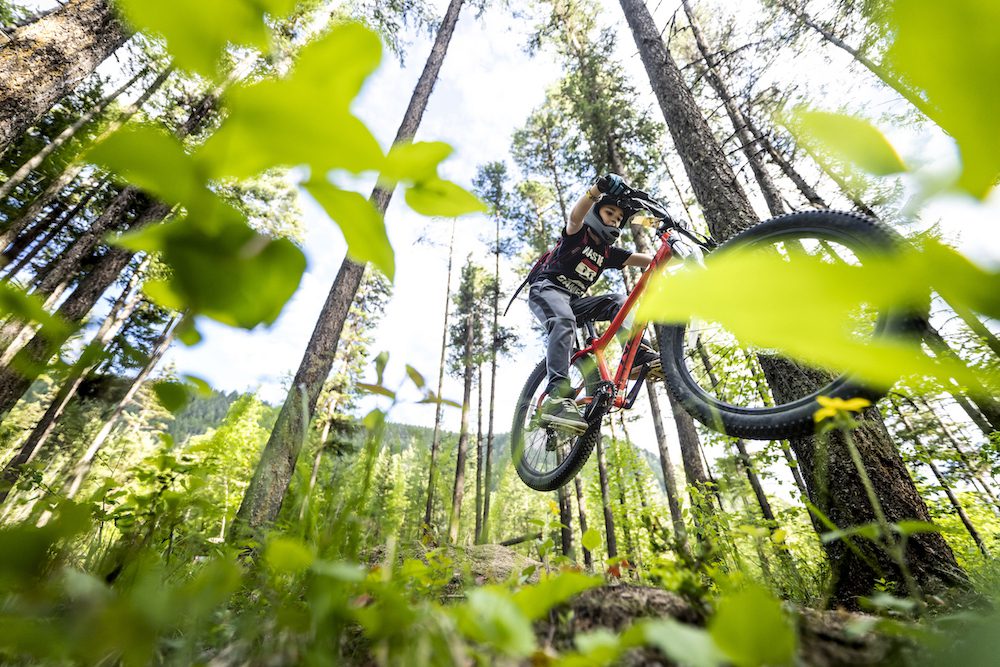
CCM: Because this kit is for IYMBP, I’ll admit I was initially framing my questions around trails, but Driftless is both a mountain bike and gravel team. And gravel faces a lot of the same questions about how riders and the sport negotiate their relationship between recreation and reconciliation. Like a more serious side of the much-meme’d “Spirit of Gravel” debate. Do you see that kind of conversation happening around gravel, in Canada or elsewhere?
HS: I haven’t seen it happen, but I think it should. I think there are some places in the U.S. where I have encountered it. For example, I had someone come up and introduce himself to say he was the president of a native cycling club from New Mexico. There are organizations and clubs in the States that are Native led and focused.
In gravel, we’re having inclusivity conversations but it’s not so much about indigenous peoples. The conversations are more about body positivity and gender equality and those sorts of things. But I think it should. Roads are trails. They’re the same thing, they’re just wide. They intersect and travel over all these traditional lands that have been co-opted and taken. I don’t think the conversations are happening so much in gravel, but I think they should be.
CCM: One conversation I can remember is the name switch to Unbound from its prior, derogatory name. But that conversation seemed to fizzle out after it was renamed.
HS: Yes, and a lot of people were angry about the name change. They were really resistant to it. And I … don’t understand that.
CCM: What do you think that conversation should look like?
HS: I don’t think I’m qualified to say what that conversation “should” look like, but what I think is that people that are engaged in this sport should be mindful of the land that they’re on and the history of how these trails and paths and how we traverse them has come into being. And just to be mindful of our privilege just to go out and use these lands. I’m not going to tell anyone else what to do or how to interact with the terrain or the sport. I just think that it’s an important aspect of being an accountable citizen.
Five apps that show what traditional Indigenous territory you’re riding through
Patrick Lucas, as the founder of IYMPB, has over a decade experience having just that type of conversation on the mountain biking side of the sport. We reached out to Lucas to ask him more about IYMPB, reconciliation and recreation.
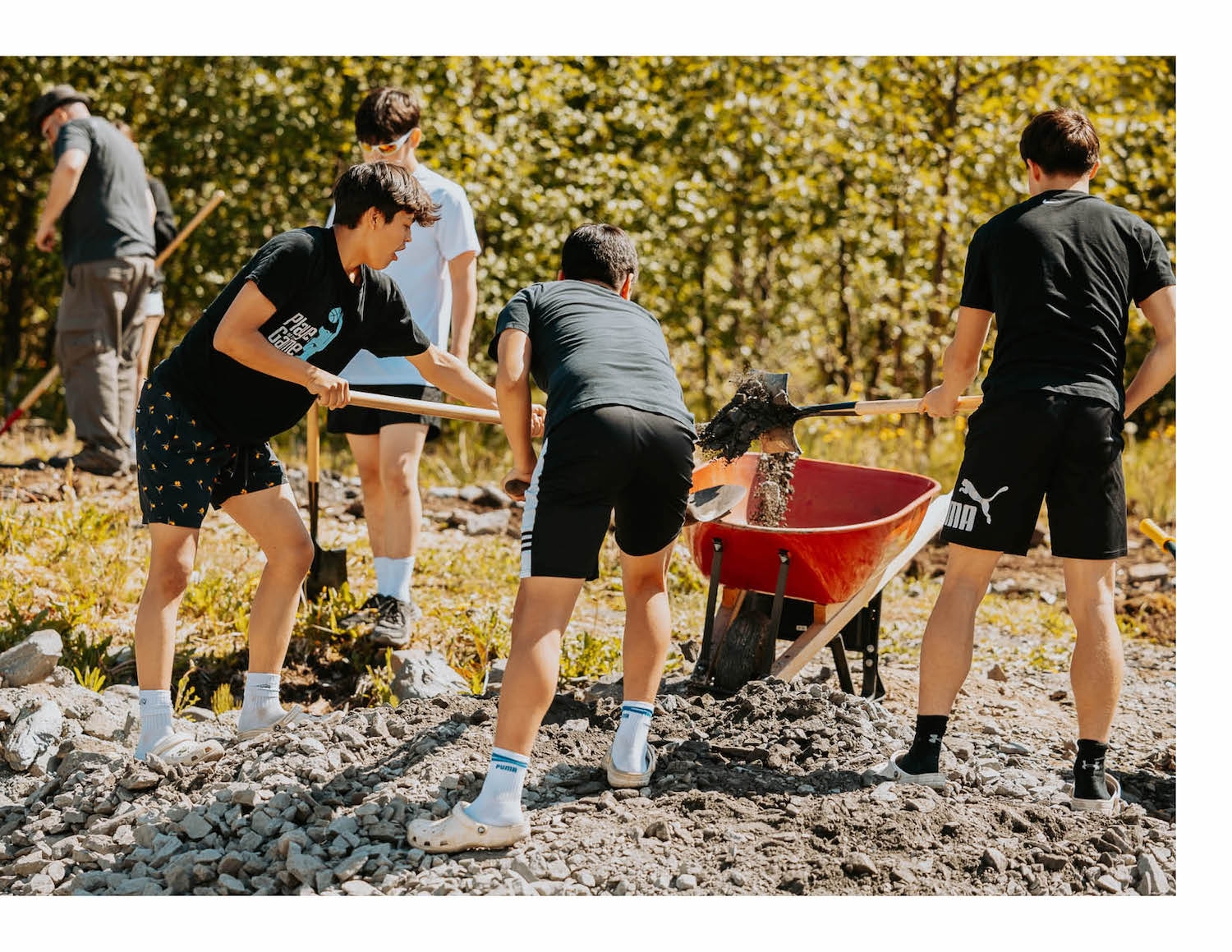
Canadian Cycling Magazine: IYMBP works mostly in B.C.. What is something you’d like to see riders across the rest of Canada taking away from IYMBP’s work?
Patrick Lucas: The IYMBP strives to foster meaningful reconciliation between Indigenous and non-Indigenous Canadians and ensure that the trails we love to build and ride respect and uphold their rights and title and creator given role as the stewards and caretakers of their lands and territories. We call on the mountain bike community, wherever you may ride across Canada, to acknowledge and uphold the Indigenous Peoples on whose land you shred and to work with those Nations to respect their treaty and land rights.
CCM: On a very basic level, why do you think mountain biker’s across Canada should be interested in (and be excited about) the work IYMBP is doing?
PL: It has taken hundreds of years of colonialism to get where we are today as a country and reconciliation between Indigenous and non-Indigenous Canadians will also take decades and generations to become fully realized. Over the past decade, the IYMBP crew has worked with dozens of First Nations and trained hundreds of youth as trail builders and riders who are building and shredding epic trails. We are building a foundation for healing and creating relations that will be the future of our sport and our country.
CCM: What does having a rider like Haley Smith work with the program mean to IYMBP?
PL: We are thrilled and honoured to have Haley Smith working with and supporting our program. We have many young Indigenous women and girls who take part in our programming and it is a source of inspiration and empowerment for them to have a role model and mentor like Haley showing them it is possible for women to thrive and excel in the sport of mountain biking.
Check out Haley Smith’s Privateer kit at the Maap website now.
